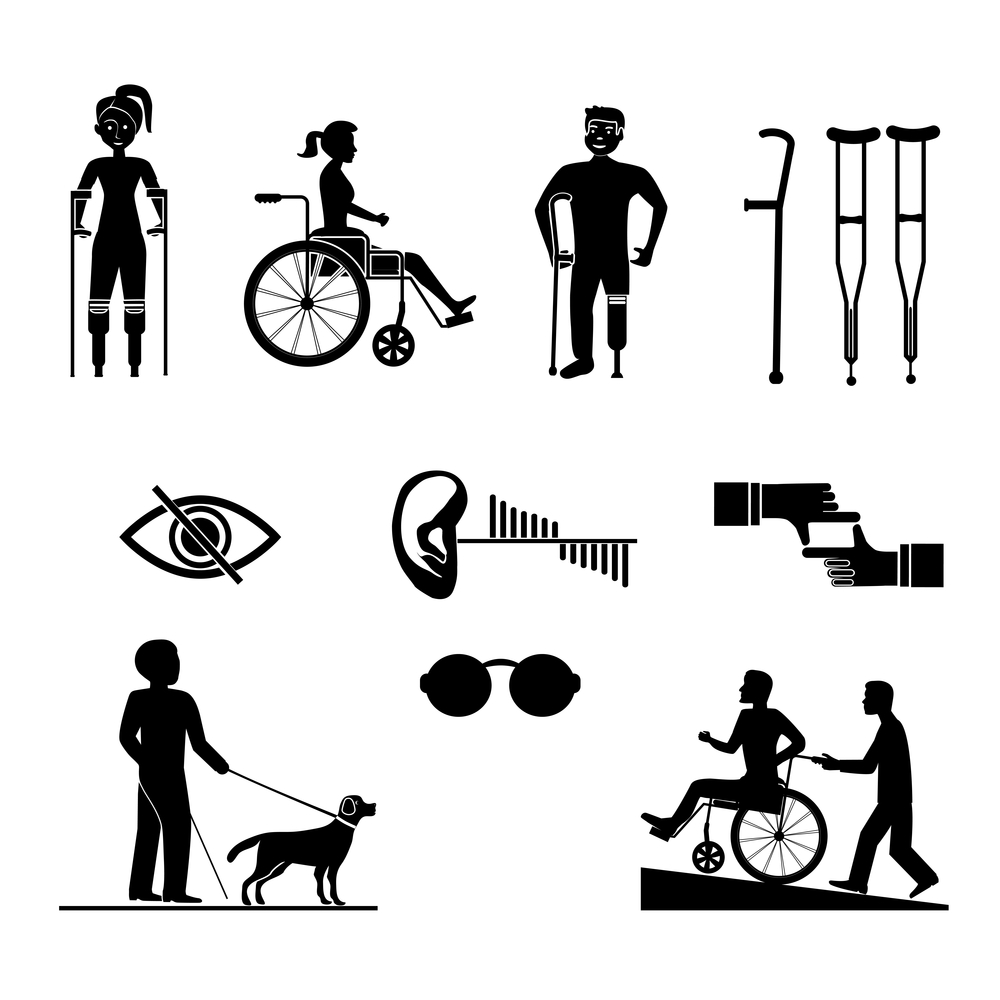The province is set to table legislation in the spring that aims to improve accessibility for those with disabilities, but advocates say the plan misses the mark.
The legislation emphasizes what’s called “universal design,” which means everything — from buildings and the environment to individual products — is designed to be accessible to all people, regardless of their ability or disability.
Shelly Petit, of the New Brunswick Coalition of Persons with Disabilities, hopes it will be a foundational shift in the province for the growing number of people who struggle with mobility.
“Imagine this — you go home today and you’re injured and you’re in a wheelchair. Can you even get in your front door? Can you get to your toilet? Just the little things that we take for granted all the time.”
Petit recently posed those same questions to a legislative committee.
She was one of a handful of advocates asked for feedback on the province’s framework for accessibility legislation, which has been tabled in the legislature.
Based on universal design
Haley Flaro, executive director of Ability New Brunswick, was also there. She applauds the focus on universal design.
“Universal design is a design for everyone. It’s flexible, it’s perceptible, it’s easy to navigate, it doesn’t require costly modifications. It really is designed for all ages and abilities,” she said.
Haley Flaro is disappointed there’s no arm’s-length accountability for government and no ‘meaningful engagement’ of people with disabilities. (Submitted by Haley Flaro)
Under the legislation, housing, transportation and government infrastructure — along with other sectors — would be designed from the outset with accessibility in mind.
According to Statistics Canada, New Brunswick has the second-highest disability rate in the country at 35 per cent of the population. It also has the highest increase — almost nine per cent — in the disability rate over a five-year period.
Flaro said these numbers show the level of need in the province for facilities, services, policies and programs to be designed with disabilities in mind.
Legislation casts a wide net but misses the mark
The new legislation is being introduced by the Department of Post-Secondary Education, Training and Labour.
Once in effect, it will require provincial departments to start addressing everyday barriers such as reducing the height of counters and providing technology so everyone can access documents.
Both Petit and Flaro have concerns about the framework though. In particular, they want someone at arm’s length of government who will oversee the legislation and enforce it.
The tabled framework is based on a July proposal the New Brunswick Disability Executive Network, which Flaro — representing Ability N.B. — is a part of.
Included in the original proposal was a recommendation for a chief accessibility officer — a role that would, among other things, oversee compliance and enforcement.
Flaro had hoped that person could “be a leader in hiring people with disabilities and to educate departments on this.
The legislative framework proposed in July recommended a chief accessibility officer who would oversee compliance and enforcement, among other tasks. This role was absent from the tabled framework. (Submitted by Haley Flaro)
“Unfortunately none of that was in the model proposed by the select committee,” she said.
Petit, like Flaro, believes accountability should be outside government, and it should come with penalties.
While Flaro does support the legislation being in Post-Secondary Education, Training and Labour’s purview and is optimistic the department will take feedback into account, she said it’s too much power centralized under a single minister.
“Best practice shows that it should be arm’s-length from the government. You don’t want one department issuing compliance orders to another,” said Flaro.
Lived experience is key
Flaro said “meaningful engagement of people with disabilities” is also lacking in the framework.
“It’s really nothing without us … what that ensures is that people in ivory towers aren’t designing legislation, programs and policies that they don’t have any real experience with,” she said.
“These are the individuals that are living these roadblocks and barriers every day — roadblocks to going to post-secondary, getting jobs, accessing services to be independent. This is a very often isolated population. So it’s really critical that there be meaningful engagement.”
CBC News reached out to the Department of Post-Secondary Education, Training and Labour, but no one was available for an interview. In an emailed statement, a spokesperson said all feedback on the legislation is being considered.
“It is the department’s intention to ensure people with lived experience are at the centre of this important work,” wrote department spokesperson Paul Bradley.
“That’s why the tabled framework included an advisory body composed of people with lived experience that would support the development of accessibility standards, advise on accessibility plans and assist with education, awareness, compliance and enforcement.”
Source: yahoo! news

